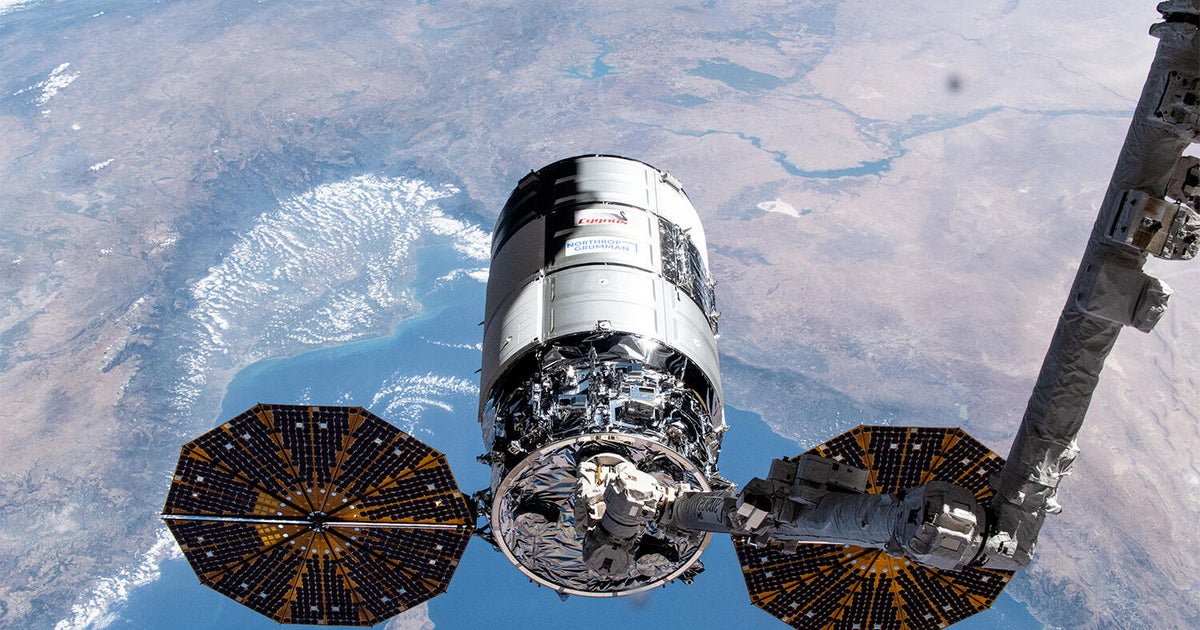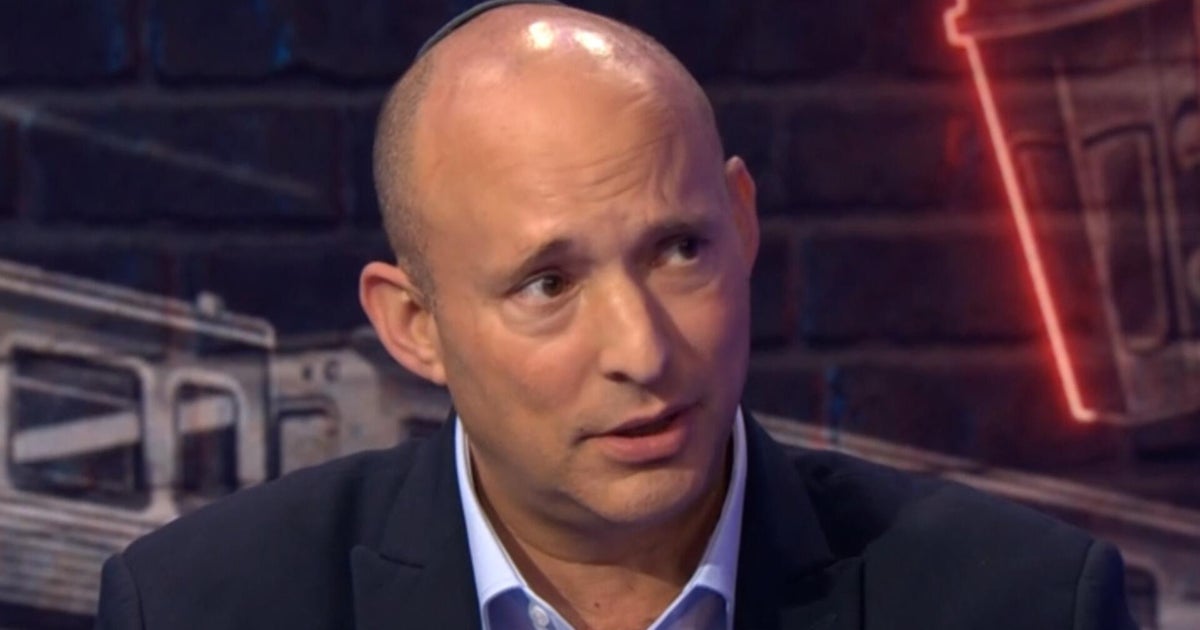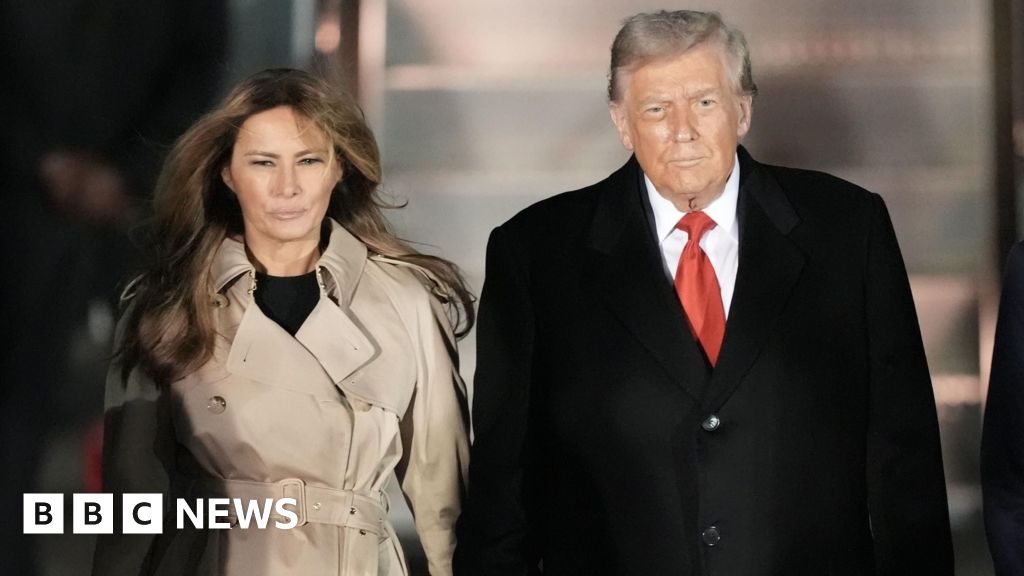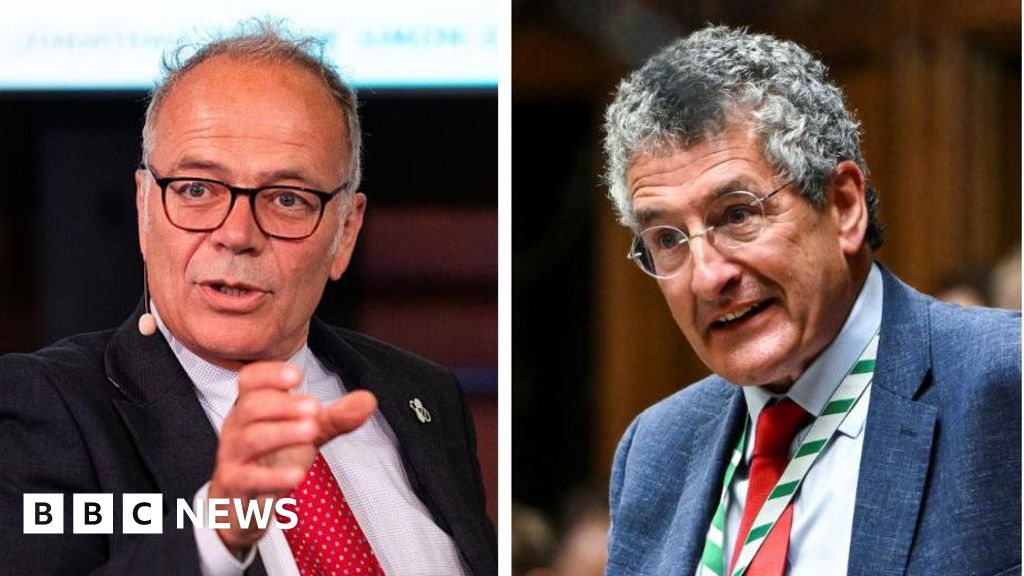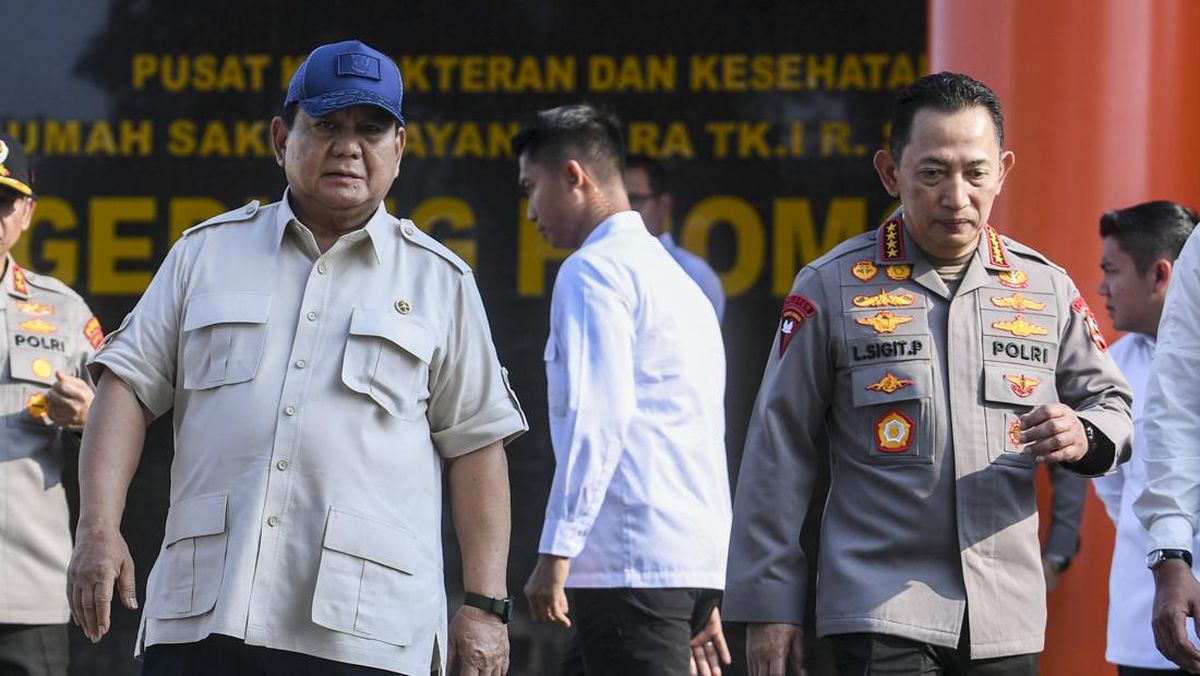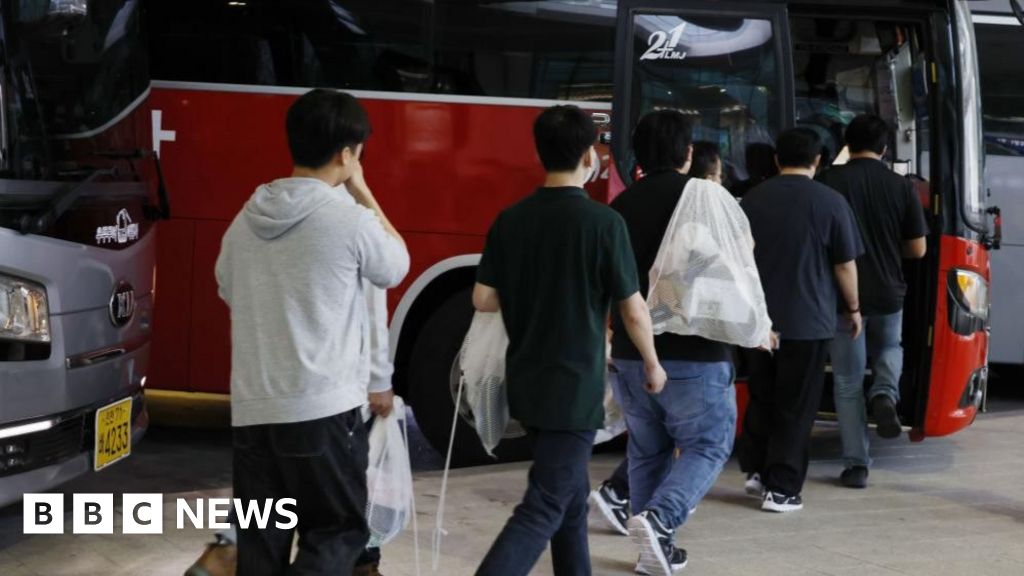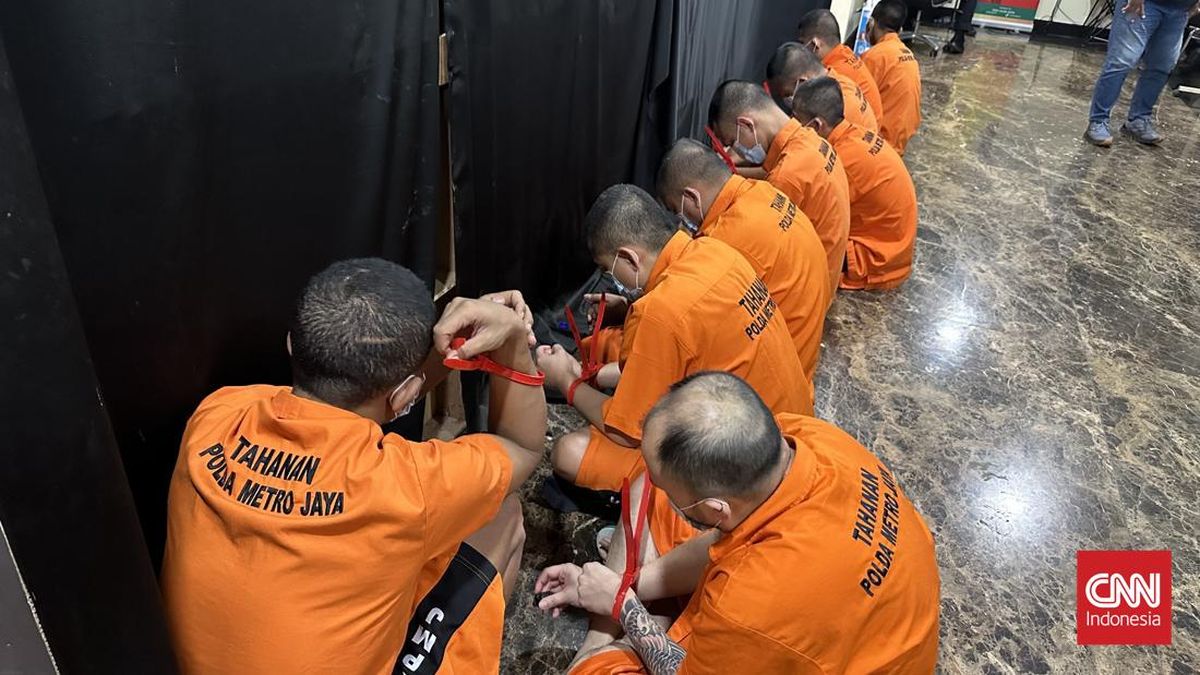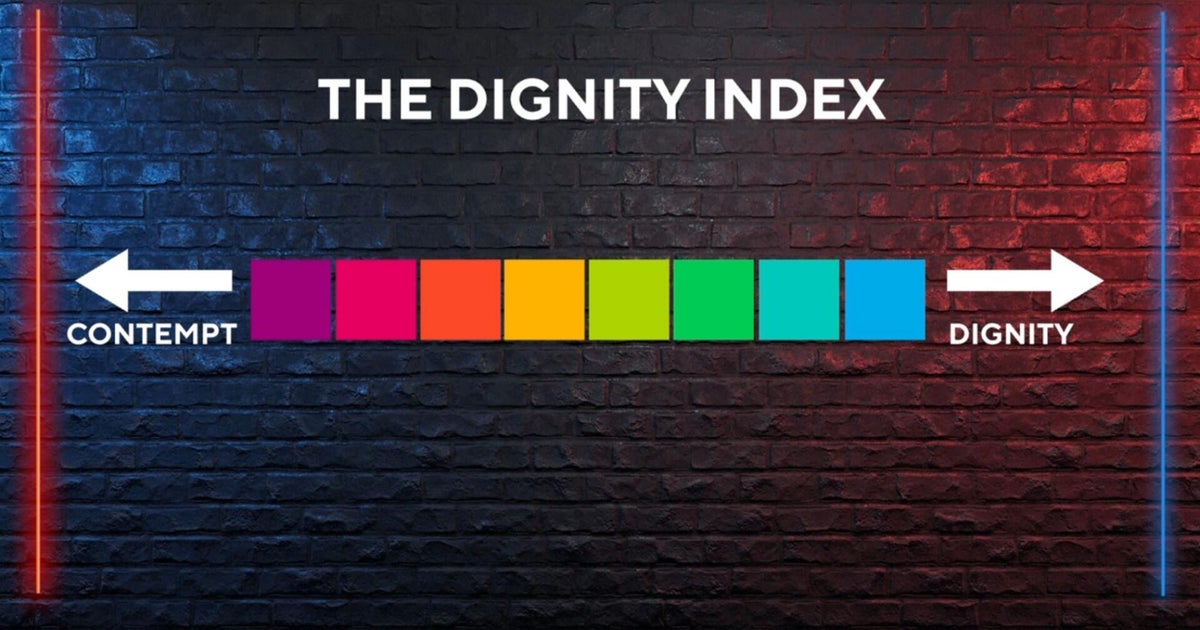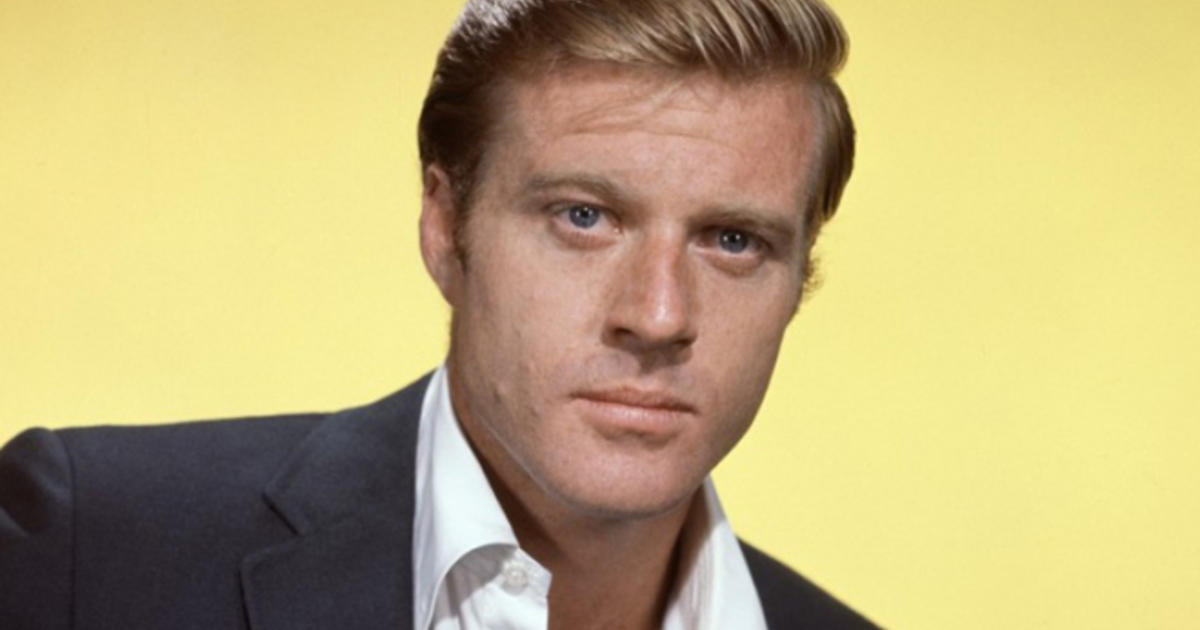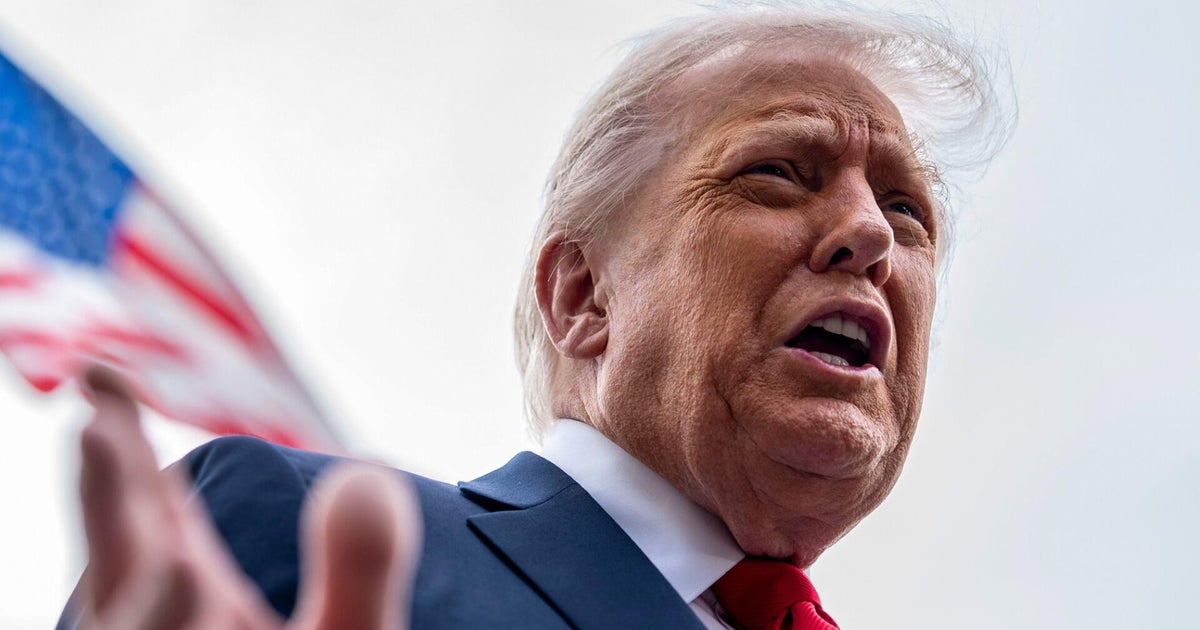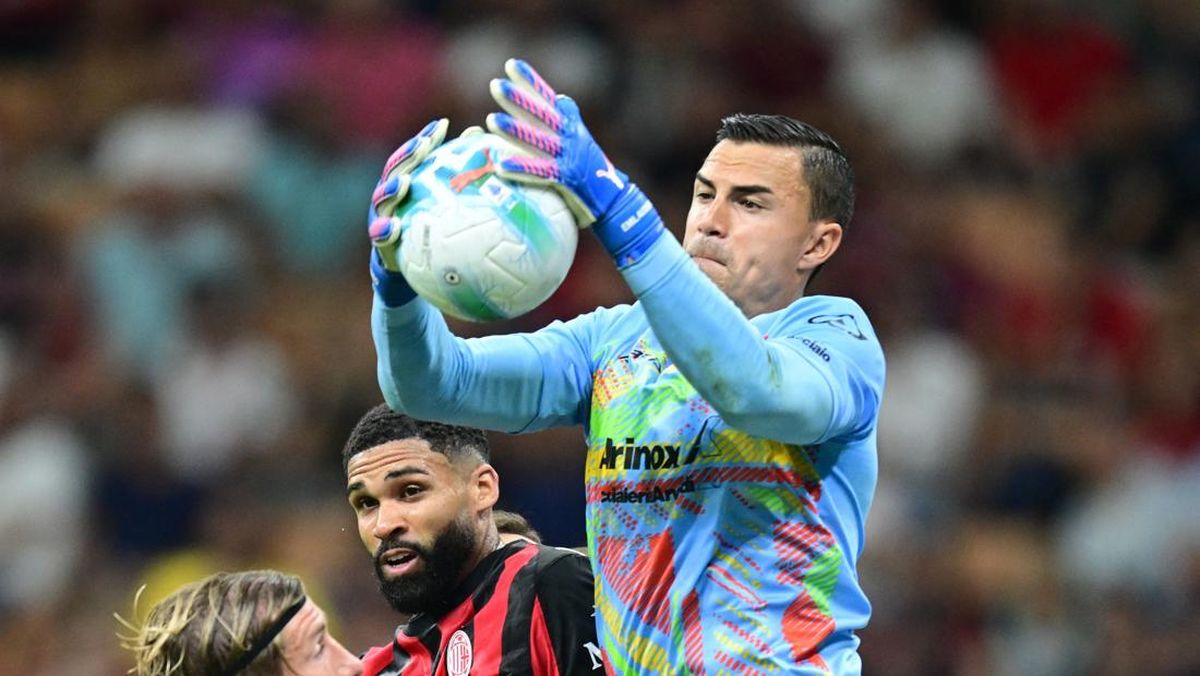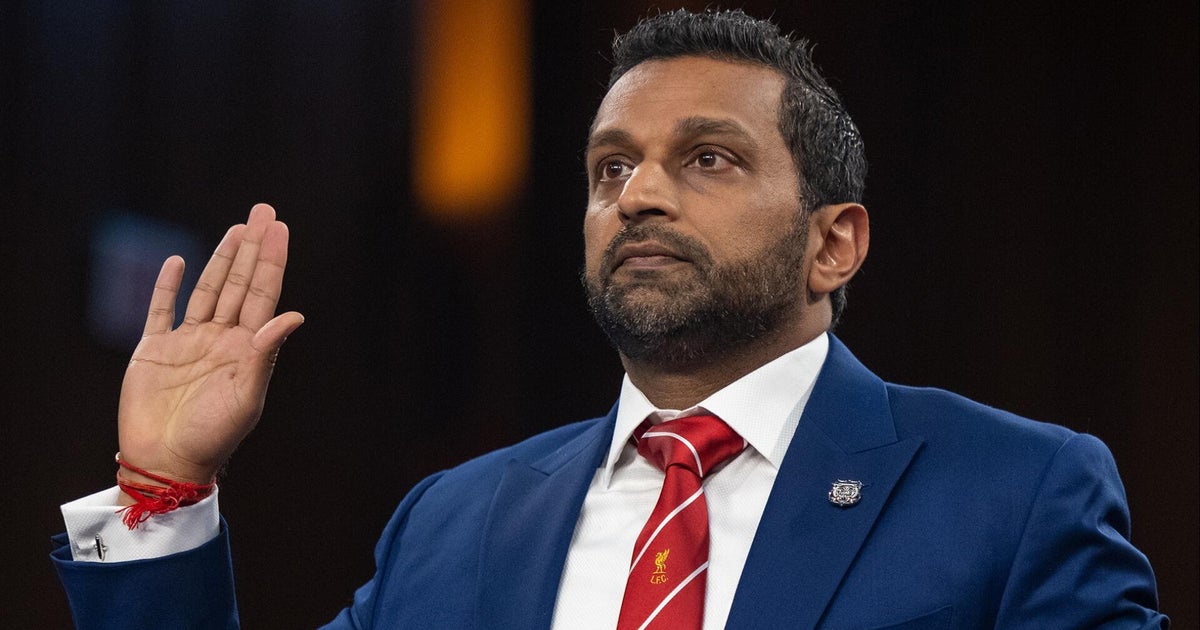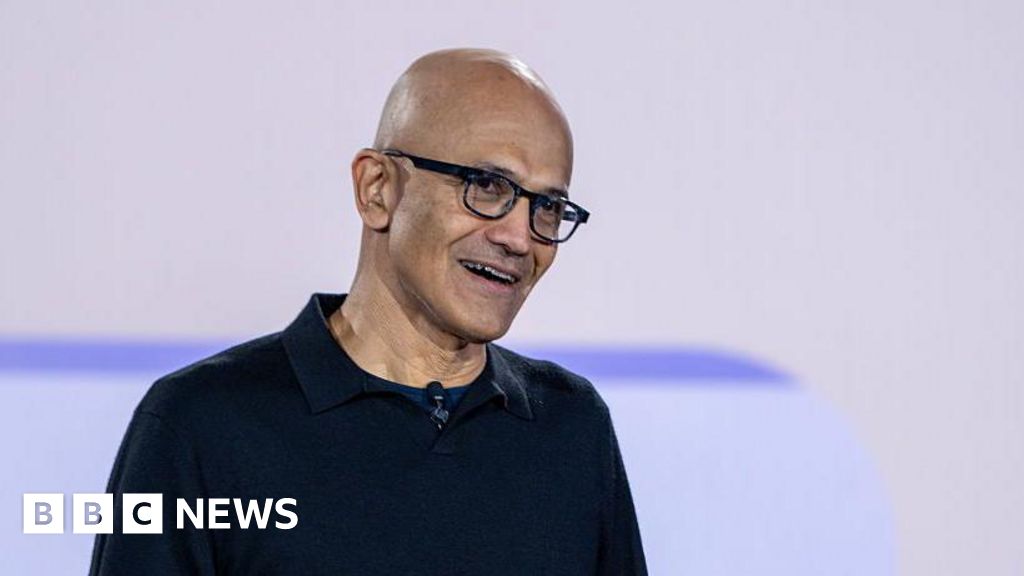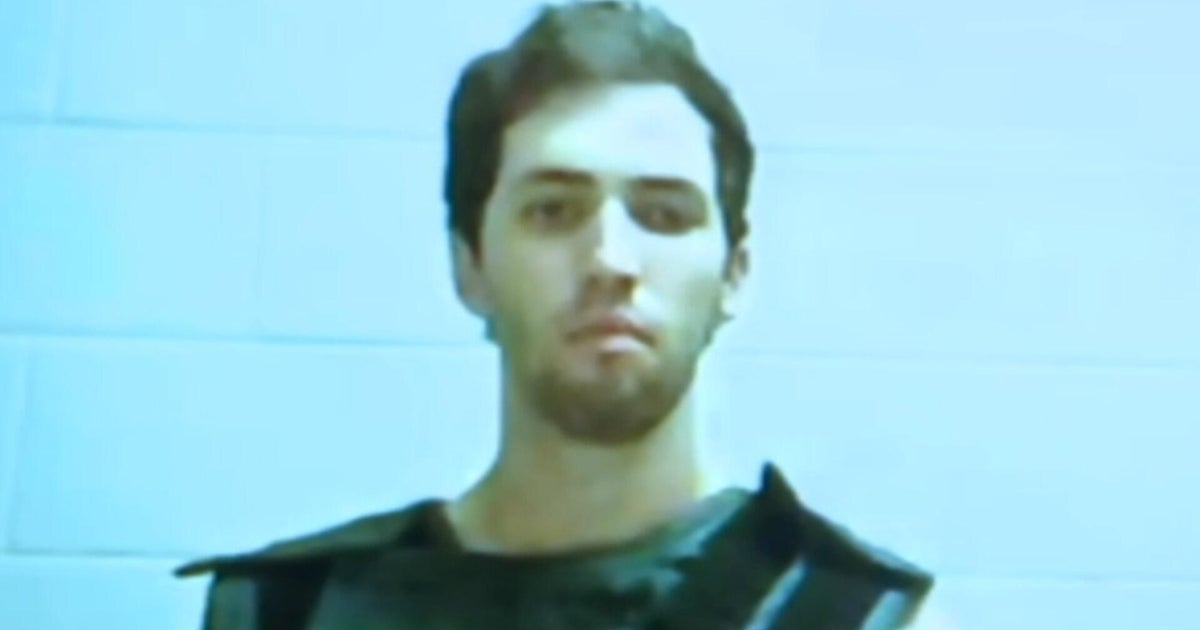Until the Libs can see this silent and diverse majority, they will struggle to win
Opinion
September 5, 2025 — 3.30pm
September 5, 2025 — 3.30pm
Two things are always true about Australia. Our foundation as a nation is uniquely racist. And we are the most diverse and socially cohesive of the English-speaking and European democracies that we compare ourselves to.

Illustration by Michael MucciCredit:
The evidence for the former is the White Australia Policy, the first significant legislative act of the federal parliament in the year of our birth as an independent nation, 1901. The case for the latter begins with the post-war migration program and was underlined most recently at the May federal election.
The mass rallies against immigration last Sunday pose obvious questions about social cohesion. But do they signal a backlash from the voters who gave a historic mandate to Anthony Albanese’s Labor government just four months ago? It is likely that two things are happening at once: that Australia is fracturing, but the electorate has no interest in rewarding the parties that seek to exploit those divisions.
The fracturing is a polite way of saying that ethnic and religious minorities in Australia feel less safe today than they did only a few years ago. It predates Gaza. Chinese-Australians reported increased discrimination during the pandemic: the top three locations were when “shopping, on the street, and on public transport”, according to the Scanlon Foundation’s 2020 report into social cohesion.
Scott Morrison was riding a wave of popularity at the time and did not see the risk of tarring the Chinese community by association when he muscled up to Beijing to demand an inquiry into the origins of COVID-19. Two years later, and after multiple gaffes from the then prime minister and his defence minister Peter Dutton, Chinese Australians helped evict the Liberal Party from its former heartland in the leafy suburbs of Melbourne and Sydney.

After multiple gaffes from the then prime minister Scott Morrison and Peter Dutton, Chinese-Australians helped evict the Liberal party from its former heartland in the leafy suburbs of Melbourne and Sydney. Credit: James Brickwood
Dutton as opposition leader believed he was playing a positive race card on behalf of Jewish-Australians in the last parliament with his unconditional support for Israel. The Greens leader Adam Bandt thought he was doing the same for Arab and Muslim Australians by backing Palestinian statehood. Both assumed they could wedge the government between Labor’s socially conservative migrant base in Melbourne and Sydney and its progressive inner-city constituency.
Gaza was not a top-line issue for voters, according to Labor’s polling in the run-up to the last election. But Albanese and his colleagues could have been forgiven for wondering if they had misread the national mood and were making an equivalent mistake to that of Morrison and Dutton in 2022 – not by carelessly targeting one or more communities, but by ignoring them.
The election vindicated Albanese’s instinct for moderation as Labor secured an unprecedented second-term landslide while Dutton and Bandt lost their seats.
The election remains the most relevant point of reference for attitudes to immigration because nothing has changed since May that would normally be associated with a rise in xenophobia. Interest rates have fallen twice, and there have been no asylum seeker boats.
Loading
So, what did the election really tell us? First, we had a proxy contest on immigration in the primary votes of the Greens on the side of diversity, and Pauline Hanson’s One Nation and Clive Palmer’s Trumpet of Patriots on the side of nativism.
The score was 14.1 per cent to 6.4 per cent in favour of the Greens in metropolitan electorates, and 11 per cent to 9.5 per cent to Hanson/Palmer in non-metropolitan electorates. The Greens won the primary vote contest in regional Victoria and NSW by narrow margins, while Hanson/Palmer did not come close to the Greens in any city.
No sign of a backlash there. On the contrary, it suggests that diversity trumps nativism for those voters most animated on the issues of culture and identity.
Zoom out to the national electorate to recall why Dutton’s campaign to target Labor seats in the outer suburbs was doomed. Labor won the metropolitan vote after preferences by 60.6 per cent to 39.4 per cent, with a swing to it of 4 per cent. The Coalition won the non-metropolitan vote 52.3 per cent to 47.7 per cent, but even here, Labor achieved a swing of 1.8 per cent. Remember that no previous government in the post-war era had increased its majority at its first re-election attempt.
The Liberals were left with just three seats in metropolitan Sydney, one each in Melbourne and Perth and none in Adelaide, Hobart, Canberra or Darwin. The Liberal National Party retained just one of Brisbane’s 10 seats. The crossbench holds two more urban seats than the Liberals.

Nothing has changed since May that would normally be associated with a rise in xenophobia.Credit: iStock
Let’s narrow the frame to our three largest cities to understand why the Liberals lost. Sydney and Melbourne are our most diverse cities. About two-thirds of their population are born overseas or have at least one migrant parent. Brisbane was the only mainland state capital that had not crossed the threshold to majority migrant at the 2021 census.
The seats the Liberals did hang on to in Sydney (Cook, Lindsay and Berowra) and in Brisbane (Bowman) are in the whitest parts of the city, where migrants and their local-born children are not yet the majority of the population. The seat of Goldstein they won back from teal Zoe Daniel in Melbourne was offset by the loss of that party’s last remaining seats in the eastern suburbs, Deakin and Menzies.
The demographic time bomb hiding in plain sight for the Liberal Party is the moderate voter it continued to underestimate in Melbourne, the city that was the jewel in Robert Menzies’ crown in the 1950s and 60s.
The last Liberal leader to win a seat in Melbourne from Labor was Malcolm Turnbull in 2016 – in Chisholm, in the city’s east. The Liberals held eight of Melbourne’s 21 seats at that election. Now they have just one.
Melbourne was the capital with the most visible presence of neo-Nazis marching last Sunday. Far from telegraphing a swing to the right, the rallies could reinforce citywide support for diversity.
There is no credible path to majority government for a Liberal-led Coalition that ignores New Australia because migrants and their local-born children are the new silent majority in the Australian electorate.
George Megalogenis is an author, a political commentator and a journalist.
Most Viewed in Politics
Loading

